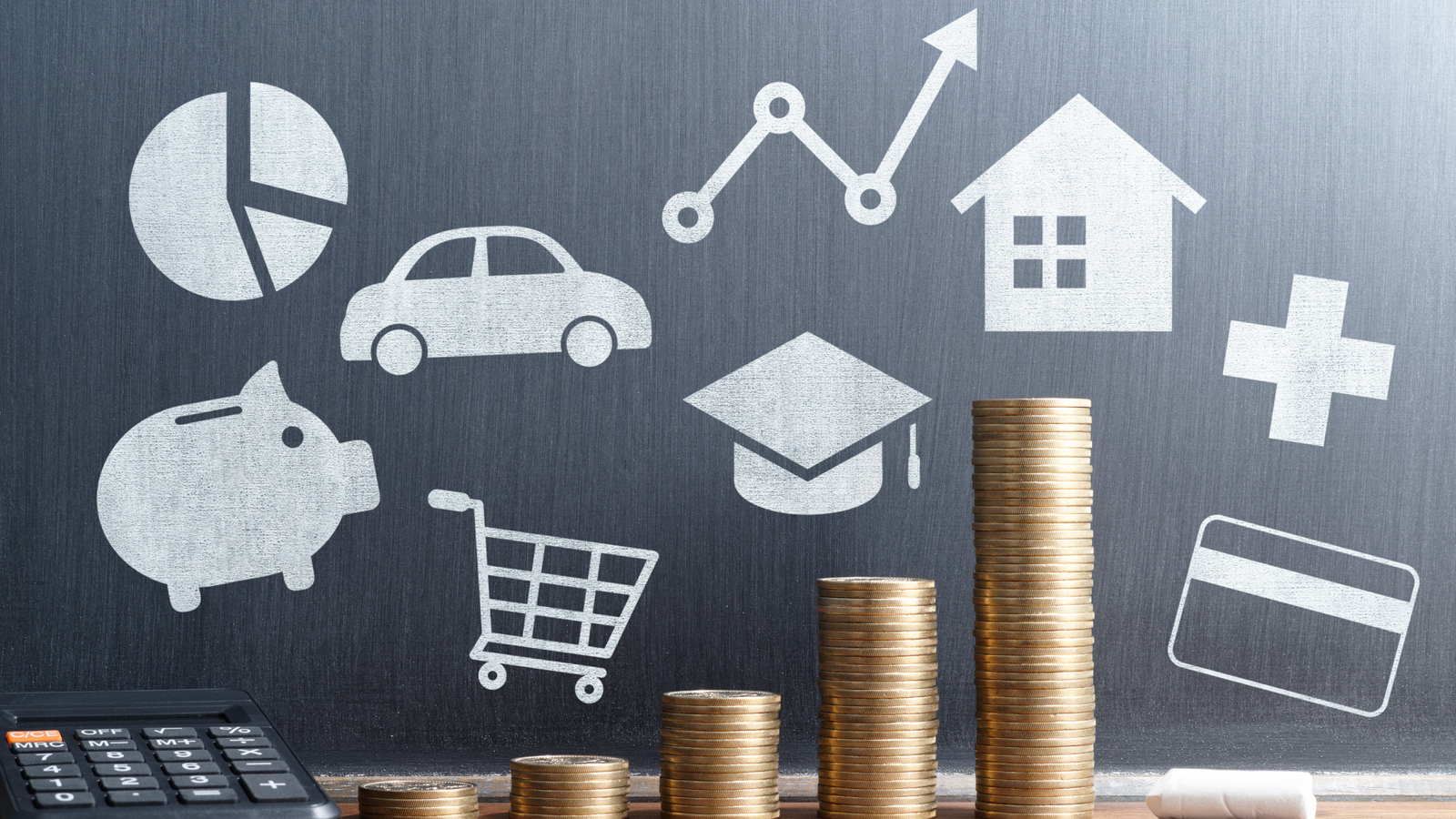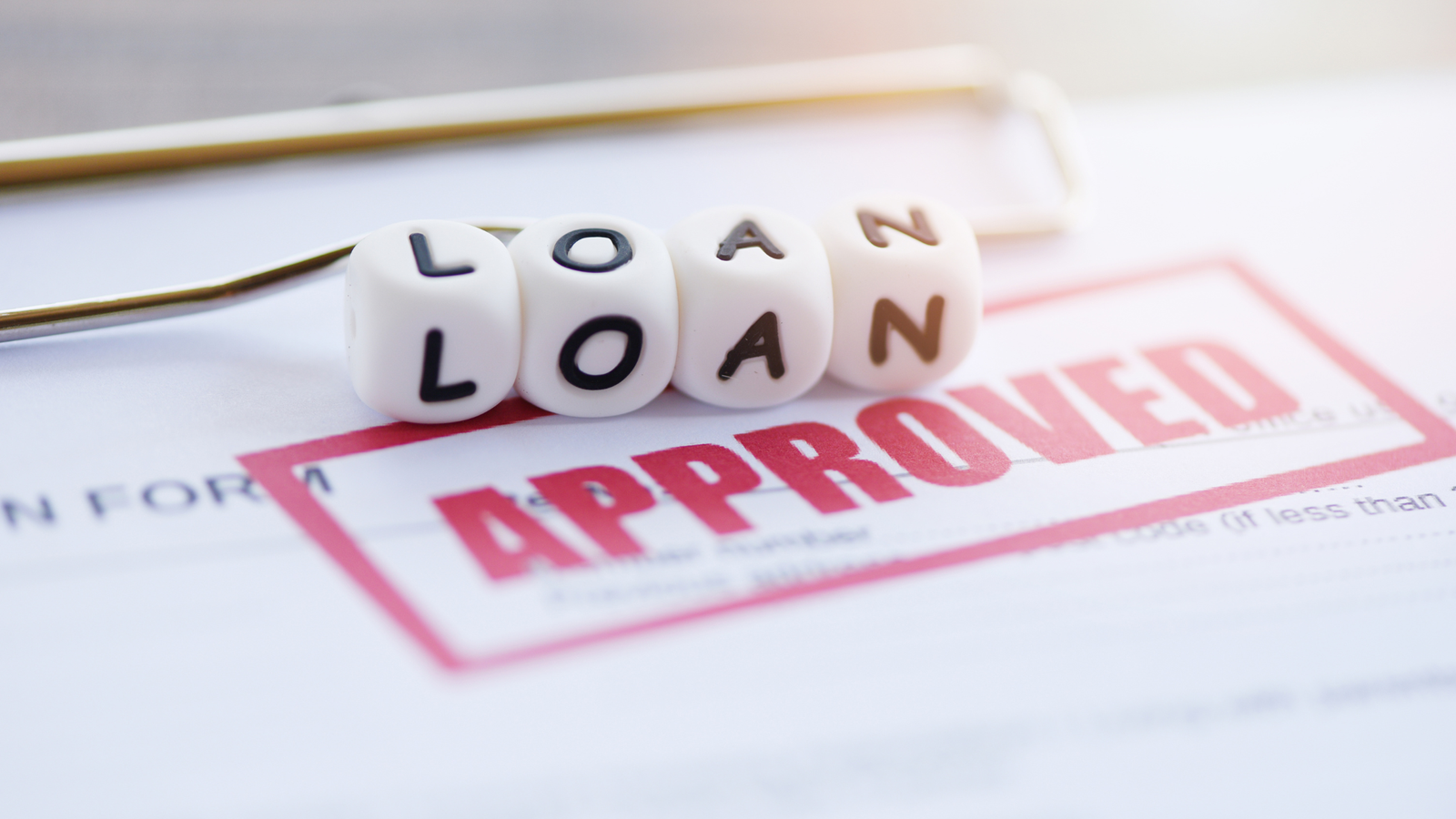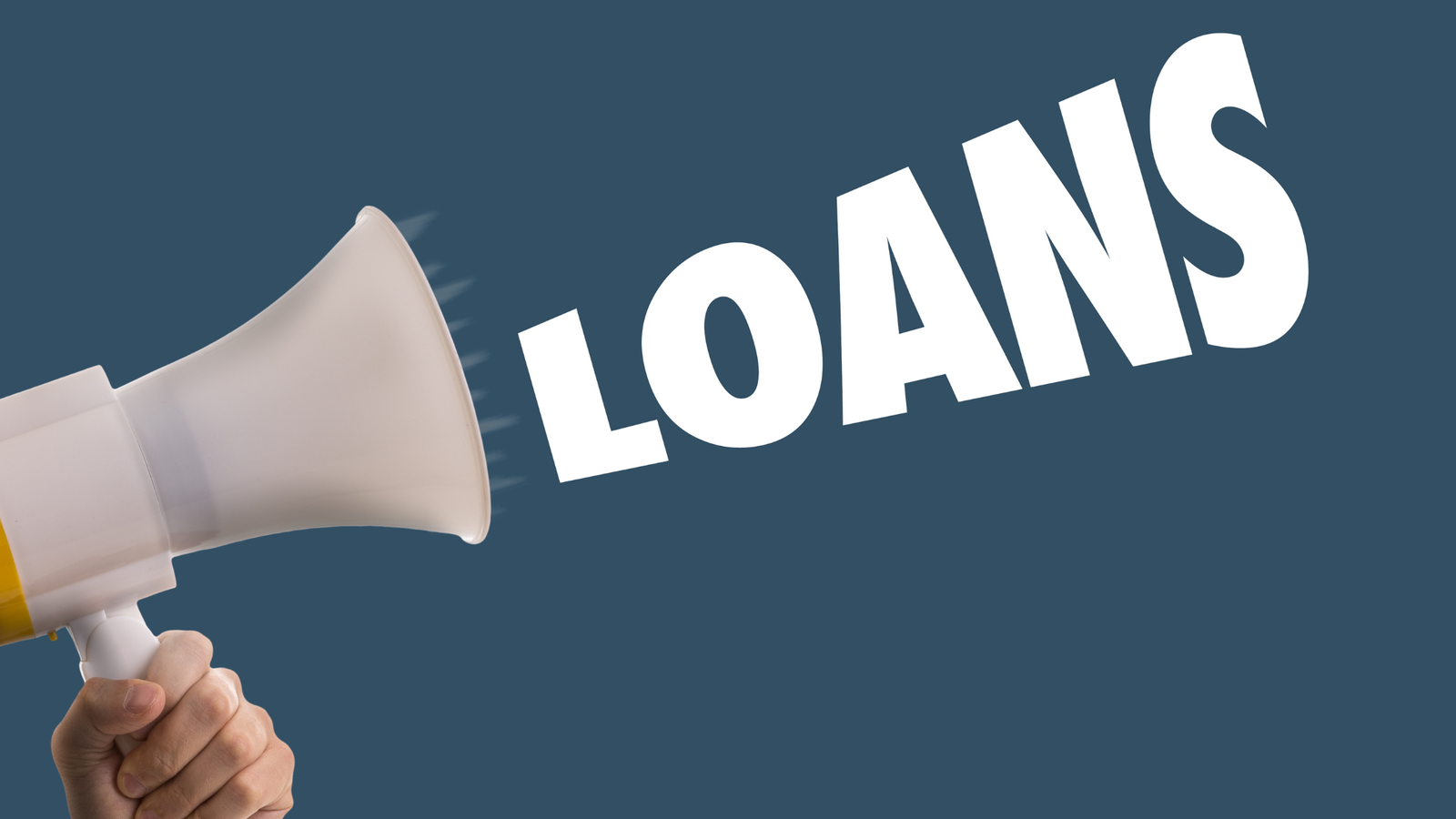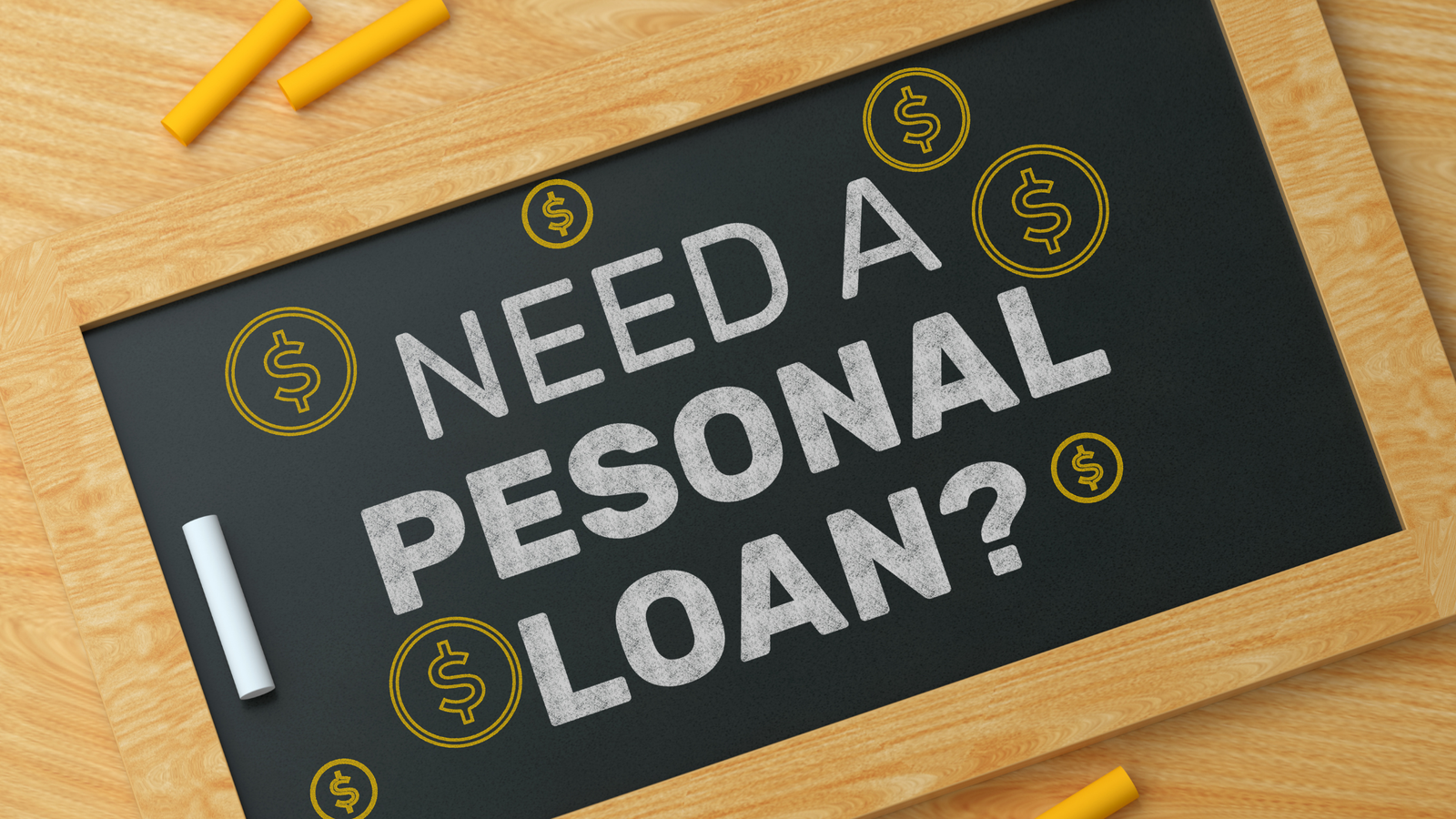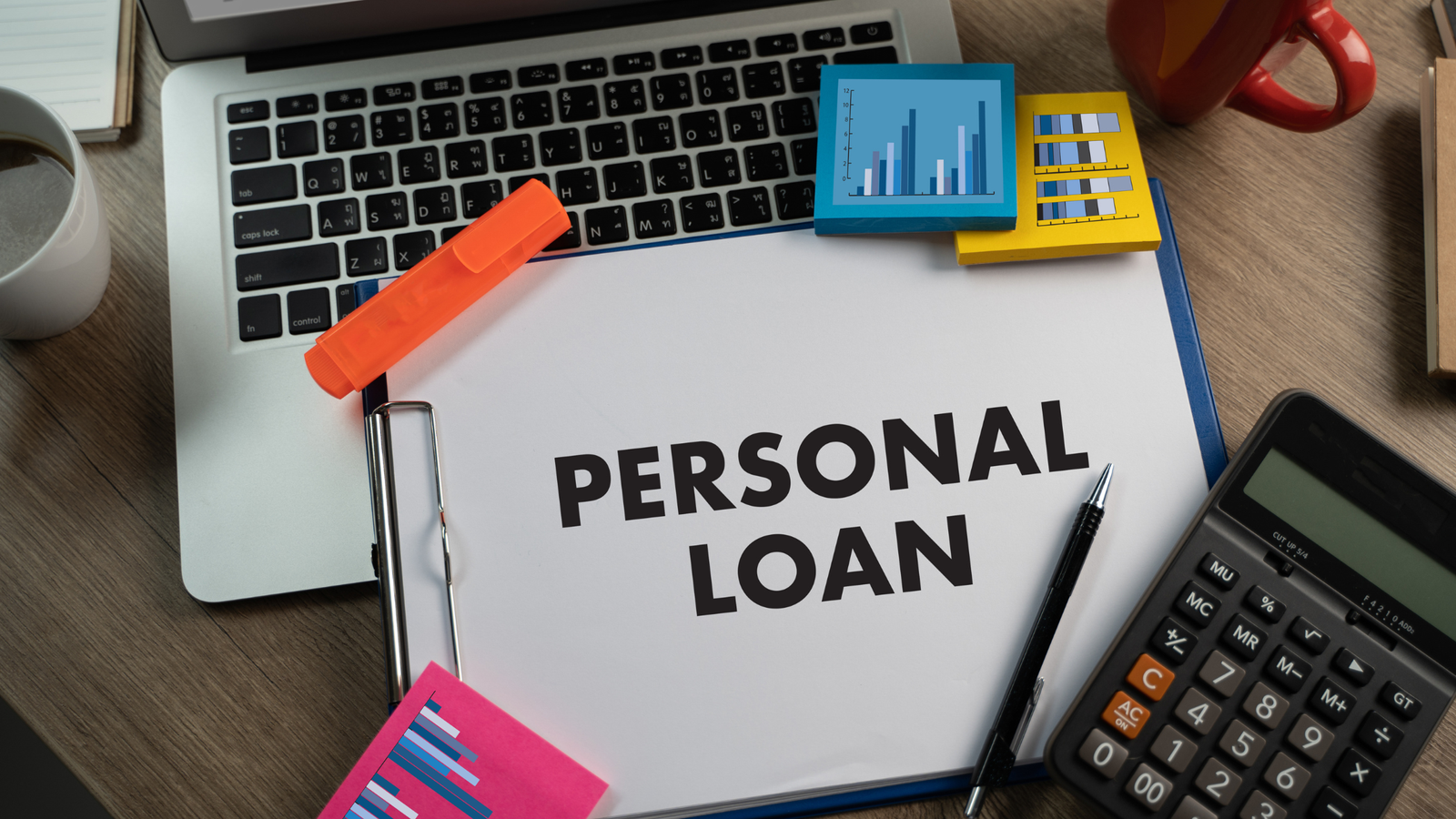So you need money for an emergency, or you’ve got to make a big purchase– that means you’ve got to take out a loan. But what kind of loan should you choose? Out of the many kinds of loans available, they all fall into one of two types: secured loans and unsecured loans. So, what’s the difference, and how do you know which one is better?
Both secured and unsecured loans have their pros and cons. Here’s our guide to help you choose the right loan for your needs. Let’s start by going over what secured and unsecured loans are:
What are Secured Loans?
A secured loan uses assets that you already own as collateral, meaning that when you take out a secured loan, you’re also putting some of your property on the line if you can’t pay the loan back. Secured loans are relatively easier to qualify for and tend to vary in size based on the collateral used in the loan agreement.
How they Work
When you apply for a secured loan, the lender will ask what property you’d like to use as collateral for the loan. The collateral is then written into the loan agreement so that, if you miss loan payments, the lender can take that property in exchange. Most lenders hold onto the contract (and their ability to take your collateral) until the loan is fully paid off. Lenders accept property like homes, cars, stocks, insurance policies, bank accounts, and precious metals as collateral.
Types of Secured Loans
Secured loans mainly cover large purchases, like a house or a car. So, you’re most likely to encounter one if you ever plan to take out a mortgage or lease a car. However, some secured loans, like home equity loans, cover large, last-minute emergency expenses. Home equity loans are low-interest and use your home as collateral. Renting furniture or paying installments on expensive items can also count as a type of secured loan as long as the seller is legally allowed to repossess the item if payments cease.
What are Unsecured Loans?
Unsecured loans are the most common kind of loan you’ll encounter, as they don’t require any collateral to apply for. Just about every bank or lending company offers them, and chances are, you’ve probably got a few unsecured loans already.
How they Work
Unsecured loans rely on your credit score for qualification. When you apply for an unsecured loan, the lender will run a credit check to make sure that you’ll be able to pay the loan off in regular installments without difficulty. Because there isn’t any collateral involved, unsecured loans may have higher interest rates and may come in smaller amounts than secured loans.
Types of Unsecured Loans
There are tons of unsecured loans out there. Student loans, for example, are on the larger side of unsecured loans since they typically cover hundreds of thousands of dollars. However, most unsecured loans are a bit smaller and are most often seen as personal loans from banks or credit institutions.
Credit cards also count as unsecured loans since the card is associated with a smaller loan account from your creditor.
The Pros and Cons
So, how do you know which loan is right for you? Based on general information alone, unsecured loans sound like the best option, but they aren’t always– it’s important to keep these things in mind before you decide which option is the best for your situation:
Collateral
The existence of collateral plays a massive role in which type of loan you choose. On the one hand, having collateral in your loan agreement means you’ll get lower interest rates on your loan and thus have an easier time repaying it in full. However, if that collateral is something necessary for your job (like a car), losing it could result in devastating income loss.
Interest Rates
Your loan’s interest rate can make or break a repayment period, especially if you cannot pay more than the monthly minimum each billing cycle. Secured loans typically have lower interest rates since they use your property as collateral for missed payments. Unsecured loans, however, have higher interest rates that vary based on your credit score.
Ability to Make Payments
Making payments is vital for secured loans, as missed payments mean property loss. However, not everyone can afford to pay an extra twenty dollars on top of their minimum monthly payments. When choosing which kind of loan to take out, consider how easily you can make the minimum payment each month. If that’s feasible, but you can’t spend over that monthly payment amount, a secured loan may be your best bet.
Unsecured loans are also subject to changing interest rates and minimum payment amounts, while secured loans tend to stay the same during the loan’s repayment period. Consider this as well when taking out future loans.
Your Credit Score
Your credit score plays the largest role in what kinds of loans you can get. The higher your credit score, the better the loan. People with low credit scores may not qualify for an unsecured loan, or the lender will accept their application but give them higher interest rates and shorter repayment periods than other borrowers. In this case, a secured loan is best for people with poor credit.
How Your Situation Sways the Decision
Finally, you’ll need to consider what your loan is for. A loan’s use plays into how much money you need to borrow and how quickly you can pay it off. For example, it’d be near impossible for the average person to take out an unsecured loan to buy a house. However, mortgages are readily available for prospective homeowners. On the other hand, using collateral to cover a $200 credit card may also seem a bit unrealistic, especially if you have a decent credit score.
Whatever you choose, financial independence is only a few steps away– you just need to unlock your inner genius. Check out our review of the best personal loan companies to quickly check rates and get qualified today!

